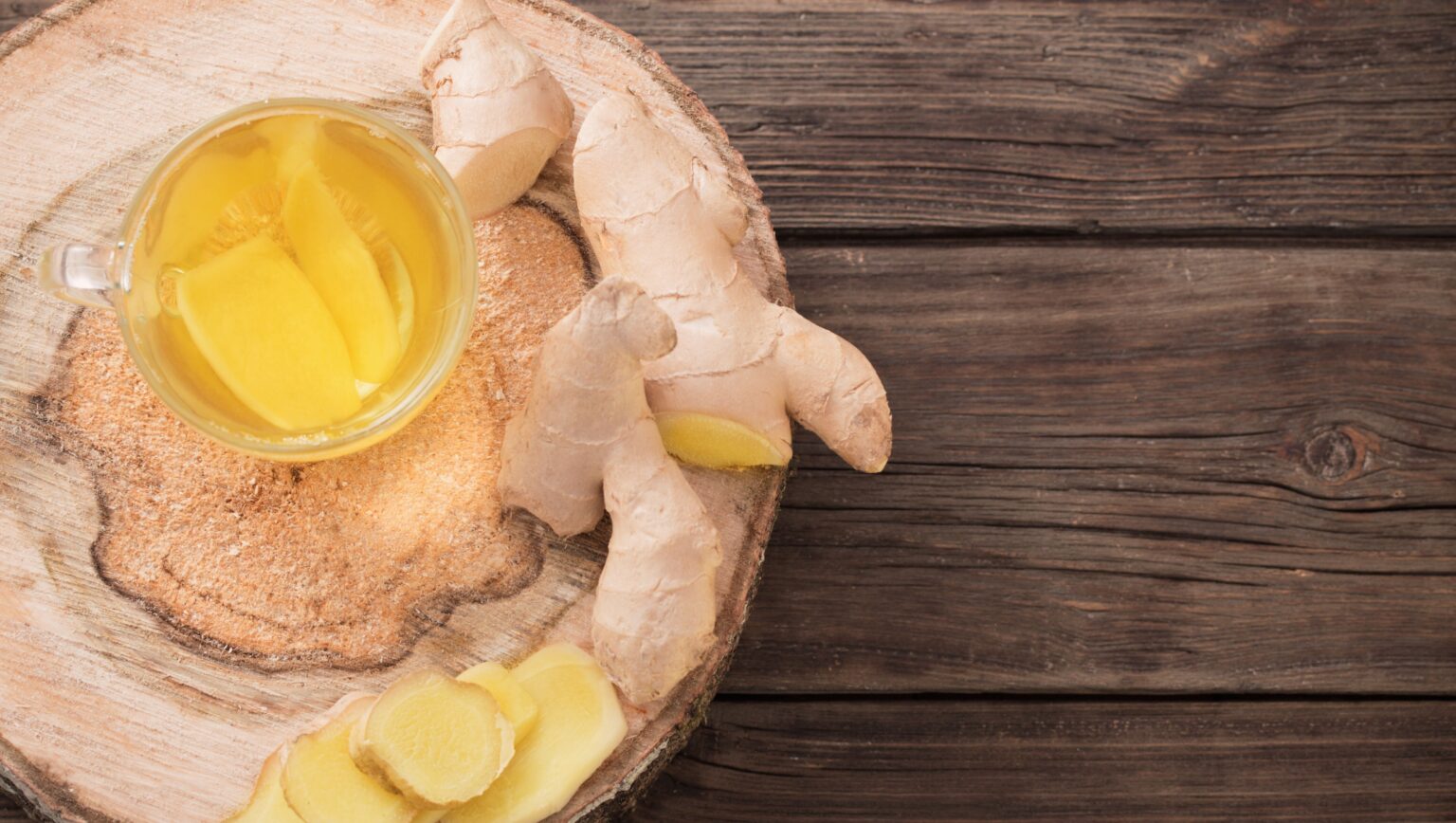Headaches, congestion, sinus pressure…whatever your symptoms, sinus issues are unpleasant. Fortunately, there are certain foods for sinus infections that have immune-supporting nutrients to help ease those symptoms.
Your sinuses are pockets located along your eyes, nose, cheekbones and forehead, according to Harvard Health Publishing. Mucous membranes line these cavities and produce phlegm that filters out incoming bacteria.
This mucus usually drains out of your nose. But colds, respiratory infections, allergies, nasal polyps or a deviated septum can cause your nasal passages to become inflamed and swollen, per Harvard Health Publishing. Those blocked sinuses can cause a buildup of bacteria-filled mucus, which can in turn lead to a sinus infection.
In September 2023, the U.S. Food and Drug Administration looked into the use of oral phenylephrine as a nasal decongestant, and concluded that it may not be effective. However, you can typically fight at least some of the symptoms of a sinus infection with over-the-counter decongestants, cold and allergy medicines, according to the Cleveland Clinic. Drinking plenty of fluids and eating a balanced diet can also help your body cope with illness.
But what exactly should you eat when you have a sinus infection? While food alone can’t cure sinus infections, certain ingredients may help relieve some of your symptoms. Below, browse six foods to munch on when you’re under the weather, plus which foods to limit or avoid.
If your sinus infection symptoms don’t improve after 10 days, it’s time to visit your doctor, per the Cleveland Clinic. They can help determine if your infection is the result of an underlying condition, and may prescribe antibiotics or nasal sprays.
1. Water
Getting plenty of fluids is a top priority when dealing with a sinus infection, according to the Cleveland Clinic.
For starters, drinking enough water is essential for your overall wellbeing: It helps flush waste from your body, regulate your temperature and keep your tissues and organs functioning properly, according to the American Academy of Family Physicians (AAFP).
When it comes to sinus infections in particular, staying fully hydrated can also help thin mucus and reduce congestion, per the Mayo Clinic. Just make sure to stick to water or other hydrating fluids like herbal tea rather than caffeinated or high-sugar drinks like coffee or soda, per the AAFP.
Hydration needs vary from person to person, so this equation can help you determine how much water you should drink per day:
- Body weight (in pounds) ÷ 2 = minimum ounces of water you should drink a day
Read the full article here




